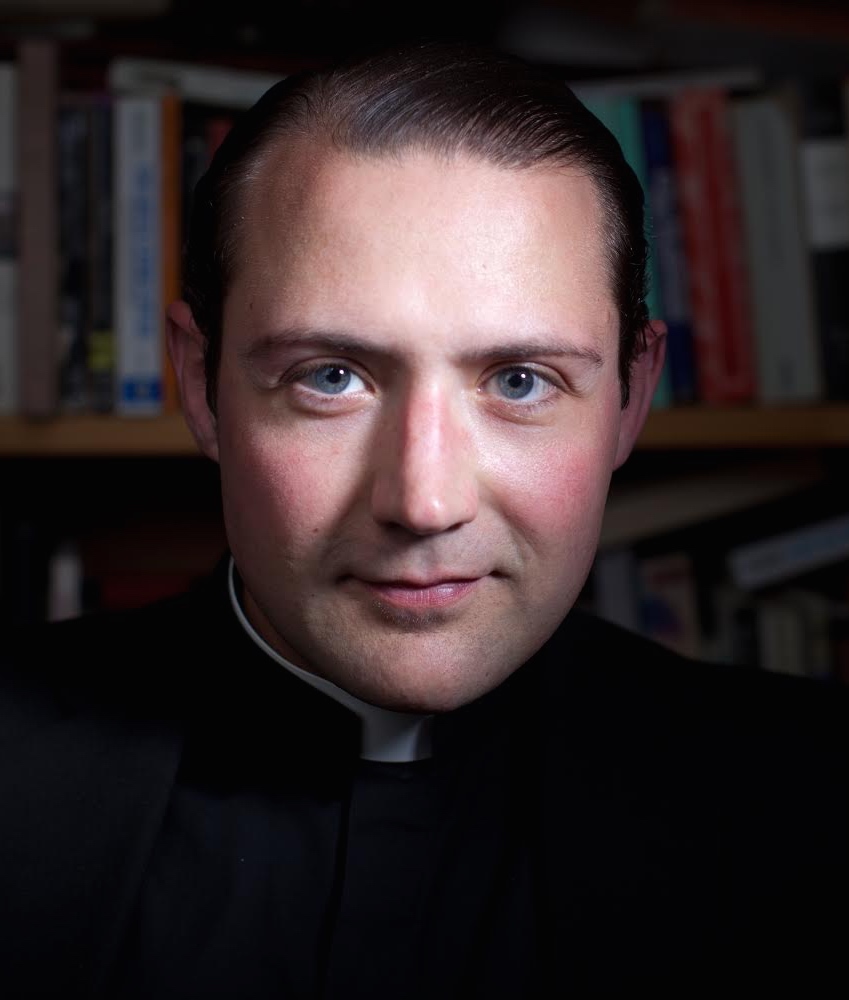“We regard the martyrs with the same affectionate intimacy that we feel towards holy men of God in this life, when we know that their hearts are prepared to endure the same suffering for the truth of the gospel. There is more devotion in our feeling towards the martyrs, because we know that their conflict is over; and we can speak with greater confidence in praise of those already victors in heaven, than of those still combating here.”
— St. Augustine Contra Faustum Book XX
St. Paul addresses some of the early Christian communities as the Saints — the holy, the people of God — and we do well to think of our sisters and brothers in church in the same light. The gathered mystical body of Christ is one of the most profound glimpses of the Kingdom of God that we can have on this side of the grave, and it is literally holiness incarnate.
That being said, over the past couple of millennia, there have been a few Christians who have seemed to radiate God’s goodness to such a degree, that they lived as walking sacraments, showing forth God’s nature 24/7. For this tiny group, we reserve days of commemoration, seek to model our lives on theirs, and ask their prayers on our behalf.
In the early church, the saints all had one key trait in common. The saints were simply martyrs: women and men who preferred torture and death to denying their faith in Christ, or making sacrifices to the Greco-Roman gods. As St. Augustine describes, they were revered with an affectionate intimacy, as good and holy friends, awaiting us in Heaven, and praying for us during our time of pilgrimage on Earth.
As the age of persecutions drew to a close, there continued to be women and men who, though not put to the martyr’s test, were so clearly holy, good and filled with virtue, that the light and wisdom of God seemed to pour forth from them. These were exemplars of such a pure faith, that they began to be revered as quasi-martyrs; lacking the red crown of martyrdom, but bearing the white crown of obedience. For nearly a millennium, any bishop could declare a holy man or woman a saint, and her memory and relics would be venerated as a profound, tangible revelation of God’s holiness.
In the Western Church, between AD 1200-1500 there were only 40 saints canonized, though things began to change after the Reformation and Counter-Reformation, when sainthood became a contentious topic, and open to redefinition from all sides.
In the 21st century there seems to be something of a hagiographic gold rush with the Roman Catholic Church rapidly filling its church calendar with new saints, and the contemporary Episcopal Holy Women, Holy Men eschewing the traditional criterion of holiness altogether, in favor of creating new saint’s days honoring those who have made significant contributions to politics, the arts and sciences; even tossing in an anti-Christian polemicist for good measure.
All Saints Day, as we’re told by one medieval commentator, was instituted to revere, not only these holy souls on the calendar, but also all those saints we may have unintentionally left out; it’s the Ordo Kalandar’s equivalent of the Greek altar to an unknown god, or the Oscar winner’s obligatory “and thanks to anybody I can’t remember right now.” As such, it’s a hopeful feast day, a celebration of the unknown saints; the secret saints whose greatness in the Kingdom is known to God alone. It’s a reminder that we are surrounded with a team of holy supporters, an inestimably large cloud of witness, always rooting for us, and always ready to assist us in prayer.

The Rev. Bertie Pearson is an Episcopal priest serving as vicar of San Francisco de Asís in South Austin. In pre-ordination life, Bertie worked as a musician and DJ. Bertie is a church history instructor at the Iona School for Ministry, serves on the Diocese of Texas World Mission Board, the Bi-Vocational Commission on Ministry, the Committee on Nominations and as a trustee of St. Stephen’s School.

